Future of football at stake in race to replace Sepp Blatter
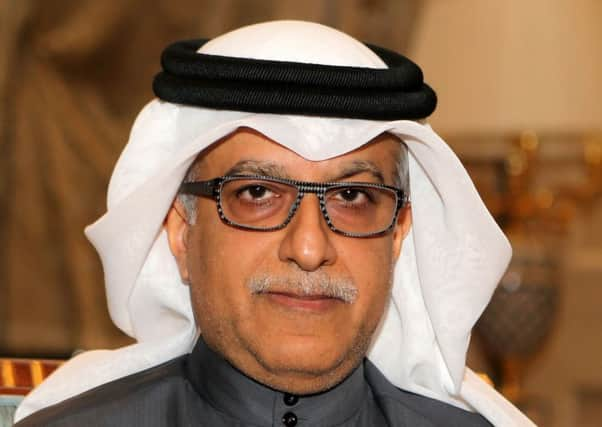

Ever since the start of the presidential race, all we have heard about is the need for a clean campaign, with each candidate energetically promoting his own cause. No finger-pointing, no duplicity, no mud-slinging. That was then, this is now. The time for diplomacy, it seems, is over. There are votes at stake.
With five days to go until the Zurich electoral congress that has attracted more media interest than any FIFA summit in recent memory, the contenders to step into Blatter’s shoes are wrapping up their endless globe-trotting and pressing the flesh among FIFA’s 209 member federations as they bid to take on the most high-profile job in world football.
Advertisement
Hide AdAdvertisement
Hide AdAmidst an endless stream of whispers and disinformation and all manner of smoke and mirrors, trying to unravel who is benefitting most from what is in danger of turning into an unedifying public spectacle of one-upmanship has become the key narrative.
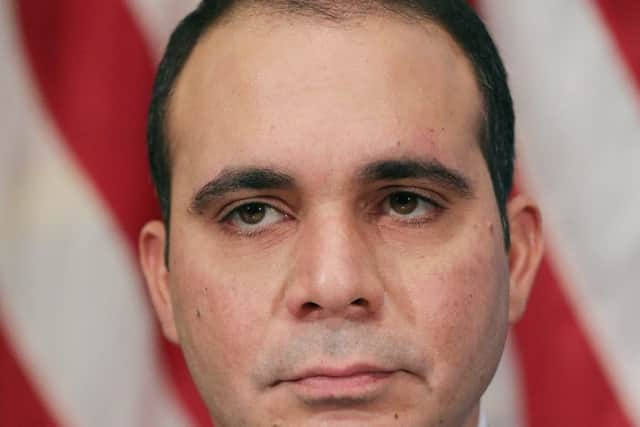

Motives have been questioned, ill-thought-out election pledges ridiculed, controversial proposals lambasted. All of which makes this election so hard to predict especially with five contenders, although that could be four if, as expected, South Africa’s Tokyo Sexwale, the anti-apartheid icon turned international businessman, withdraws from the race, his fate effectively sealed from the moment his own African continent issued the most humiliating of snubs by failing to endorse him.
Virtually the only thing we know for sure is that none of the six confederations, perhaps with the exception of Oceania, will vote as a bloc. Forget the top brass in Africa and Asia pledging to stand as one behind Sheikh Salman bin Ebrahim Al Khalifa, the controversial front-runner from Bahrain. It simply won’t happen. Forget Europe telling everyone who will listen that they will be collectively loyal to UEFA general secretary Gianni Infantino, the man who replaced his boss Michel Platini. That won’t happen either. It’s all about self-interest.
All the candidates know this, which is why, given the ifs, buts and maybes, they have resorted to a high-intensity – some might say risky – approach in a last-ditch attempt to grab the moral high ground.
Take Prince Ali bin al-Hussein, who lost out to Blatter at the last election in May just before the veteran Swiss, finally overwhelmed by the endless barrage of corruption cases engulfing his organisation, announced he was stepping down. Talk to Prince Ali’s supporters and they will try to convince you that the Jordanian royal’s plain-speaking directness in the final days of campaigning is paying dividends; that having the courage to put his head above the parapet and going where others have feared to tread is picking up significant late support among smaller federations who want a voice. Talk to his critics and they counter that questioning the credibility of his opponents is seriously jeopardising his chances.
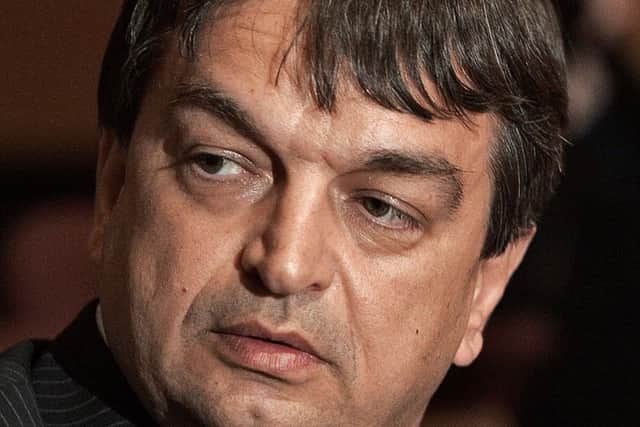

Whatever the truth, Prince Ali, who received 73 votes against Blatter’s 133 in May despite being promised much more support, knows better than anyone how election pledges can be broken on the day. Hence his strategy in urging those who might be sitting on the fence not to be bullied into going against their consciences. The reality perhaps is that the young reformer – who cannot even count on the support of his own Asian confederation yet laudably sticks to his principles of cleaning up the game for the benefit of the entire football community – knows he is playing catch-up and is not prepared to go down without a fight.
Much has been made in recent weeks of a possible pact between Sheikh Salman, the controversial leader of Asian football whose human rights record has been intensively scrutinised, and Infantino, the canny multi-lingual Swiss administrator who for the past seven years has run UEFA’s day-to-day activities.
With every passing day, fresh rumours emerge of a political-style deal between the two, both of whom ironically only entered the race once Platini, along with Blatter, was banned for eight years over that infamous two million Swiss franc “disloyal payment”. Coincidentally, the outcome of Platini’s appeal should be announced within the next 48 hours. Too late to get back in the presidential race, of course, but very much a career-defining moment in terms of whether the Frenchman carries on running UEFA or slips into the political wilderness. If he fails to clear his name, UEFA will have to hold a presidential election of their own in the not too distant future. But that’s for another day.
Advertisement
Hide AdAdvertisement
Hide AdFor now, the focus is very much on how many rounds will be needed at the cavernous Hallenstadion in the north of Zurich before FIFA’s new leader is elected at what is very much the end of an era following Blatter’s eventful and often controversial 18 years in charge. If any candidate achieves two-thirds of the vote in the first round, he wins outright. If not, voting goes to a second round, in which a simple majority is enough. The key battlegrounds are Africa, the biggest single regional grouping with 54 members, and Concacaf, which has no candidate and whose 35 votes are ripe for plucking.
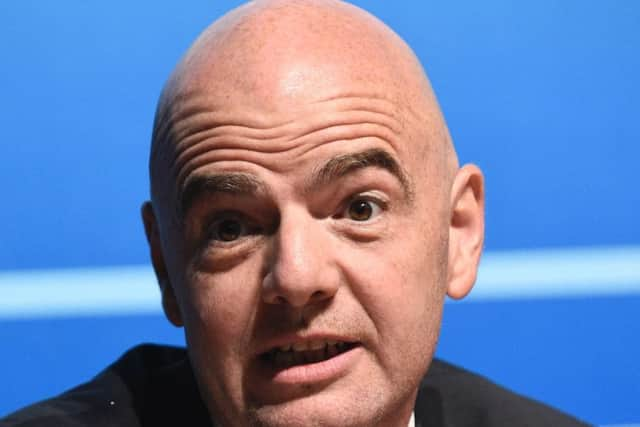

As the rumour mill about horse-trading and dark forces picks up speed, Salman’s Asian Football Confederation announced it has scrapped a summit of its 46 members scheduled for the eve of the presidential contest, fuelling conspiracy theories over whether some kind of last-minute unexpected move is in the offing.
Salman, intriguingly, failed to turn up at AFC headquarters in Kuala Lumpur last week to lead discussions among his loyal constituents about FIFA’s reform programme. He was understood to be resting in Europe after an exhaustive globe-trotting campaign. In his absence Infantino flew into the Malaysian capital and took the opportunity to hold a series of private lobbying meetings with senior AFC officials. Get the picture?
One interpretation, laughed off by Salman’s camp as being completely fanciful, is that he is secretly preparing to deliver a bombshell by withdrawing from the race because of unsubstantiated yet persistent rumours about his human rights record, with Asian support switching to Infantino. The bottom line, perhaps, is that FIFA presidential elections are notoriously unpredictable. Unless you are a fly on a wall in the corridors of power, it is often impossible to separate the facts from the misinformation. What is clear, however, is that it is getting murkier by the day.
But there is a far bigger picture than just whoever wins. All of the candidates could do worse than remember the main selling point that has characterised their respective campaigns over the past four months: reform of FIFA. Not only in practical ways but also in terms of culture and mindset. With the FBI scrutinising FIFA’s every move in its ongoing corruption investigation that has snared a raft of disgraced powerbrokers, never before has the organisation been under such pressure to deliver meaningful, lasting change. A comprehensive reform package is on the table in Zurich, covering among other things term limits, disclosure of salaries, replacing the much-derided executive committee with a “strategic council” and the insistence that each and every national association must publish its independently audited accounts on an annual basis.
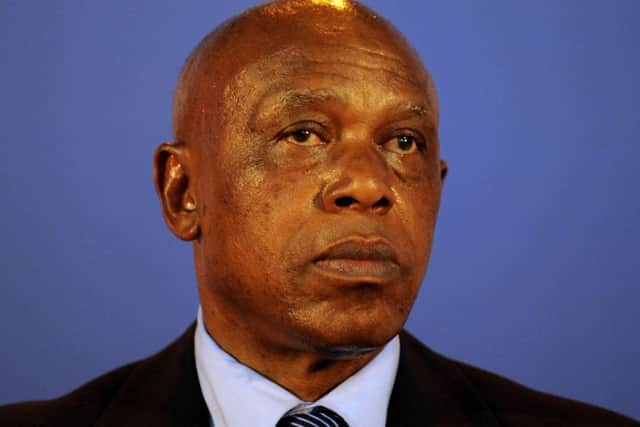

FIFA officials have been spending the last couple of weeks travelling round Europe trying to sell the reform message to national associations, governance watchdogs and the media. The proposals, which need a 75 per cent majority to pass, could make or break FIFA. Given the increasingly fractious election run-in, it doesn’t augur well.